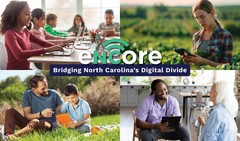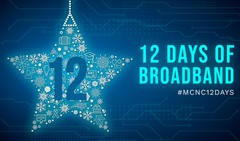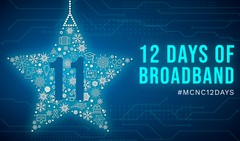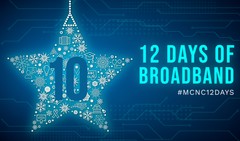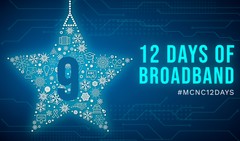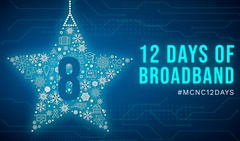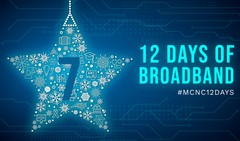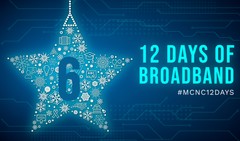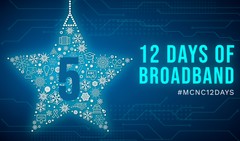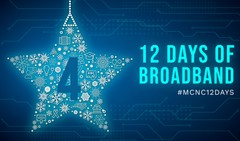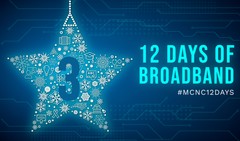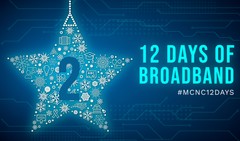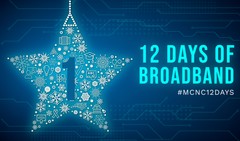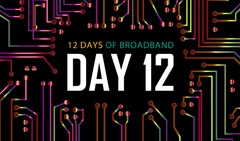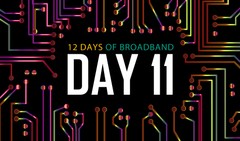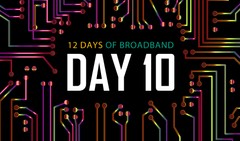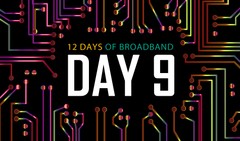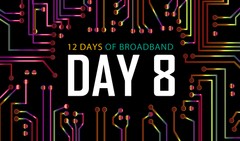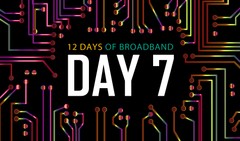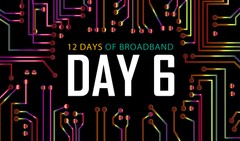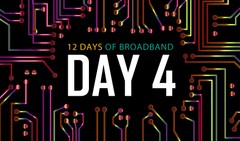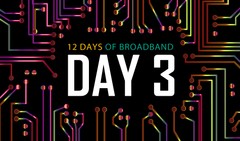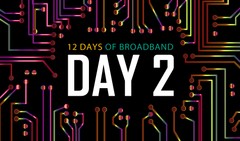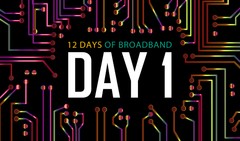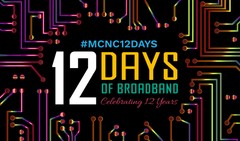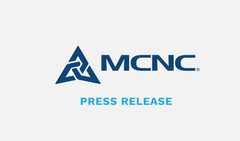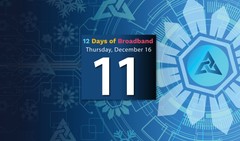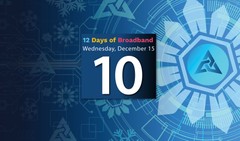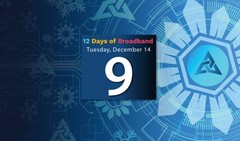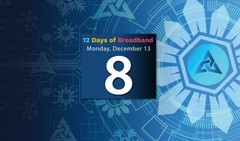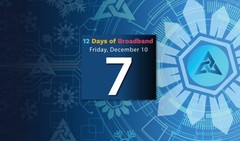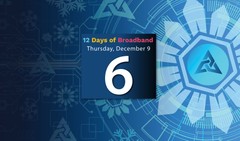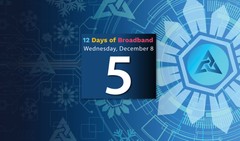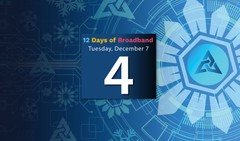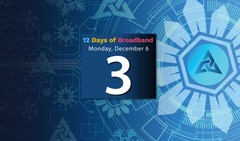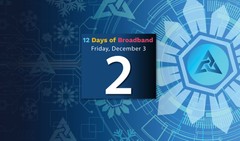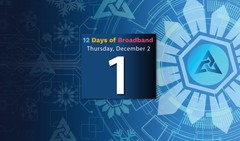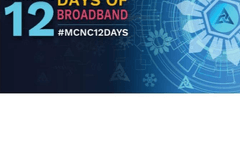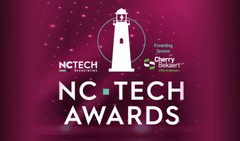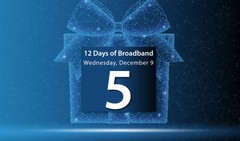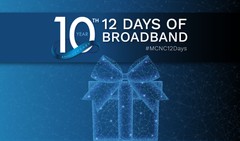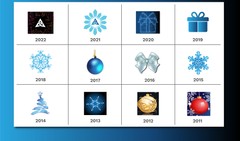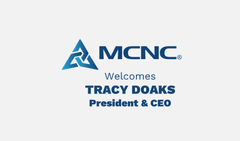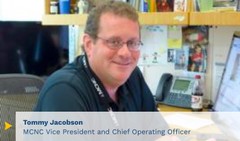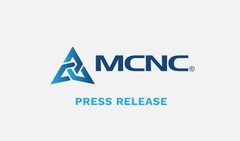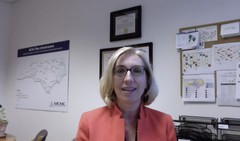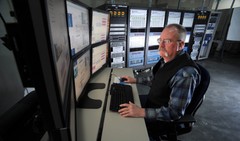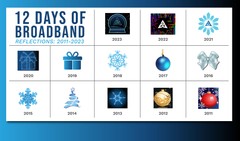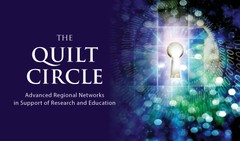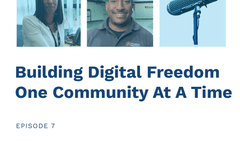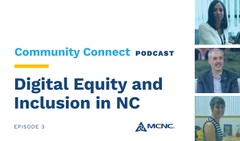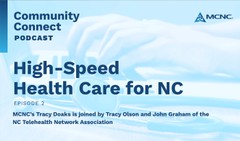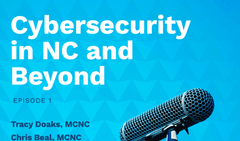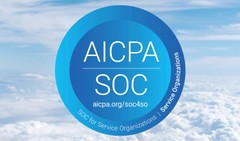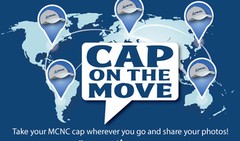Day 5: MCNC maintains push toward digital opportunities

For more than 40 years MCNC has connected and protected communities with high-speed Internet and networking technologies in North Carolina. And during those four decades, MCNC has built-out its world-class network to many unserved and underserved areas of the state all while continuing to stress that the growth of the “digital divide" would pose significant social and economic challenges.
Digital opportunities are “a condition in which all individuals and communities have the information technology capacity needed for full participation in our society, democracy, and economy.” Access to affordable broadband is not a “nice to have” but rather a critical element in achieving success in education and employment as well as in ensuring digital opportunities happen across all populations.
Earlier this year, MCNC President and CEO Tracy Doaks was joined by Dr. Marc Holt, vice chancellor for IT and Chief Information Officer at NC State University, and Stephanie Jane Edwards, former senior GIS analyst and digital opportunities liaison at MCNC. Listen to this conversation as they illustrate what digital opportunity means as well as detail the approaches that organizations like MCNC and many others are taking right now in order to break down barriers in broadband access.
MCNC once again explored digital equity and inclusion in October, this time with a particular focus on the efforts happening in Winston-Salem and Forsyth County during a podcast once again hosted by Tracy Doaks and featured Lakisha D. Jordan, Executive Director of WinstonNet, and Layla Garms, Program Officer of Equity in Education with the Winston Salem Foundation. Listen here.
Mainstream awareness of the access gap continues to grow; such awareness has also inspired a surge in federal, state and local governments discussing solutions and infrastructure upgrades.
MCNC once again affirms that digital equity is necessary for everyone to have full access to opportunities of civics and culture, health care, learning, employment, and essential goods and services. MCNC’s broadband network touches virtually every county in the state, affordably and effectively removing connectivity barriers previously experienced in North Carolina. The lack of high-speed Internet and technology is still a challenge for many, particularly in rural areas of the state, but MCNC remains committed to digital opportunities by continuing to offer recommendations, support, technology, and much more towards this important work.
Return to the 12th annual 12 Days of Broadband >>>
